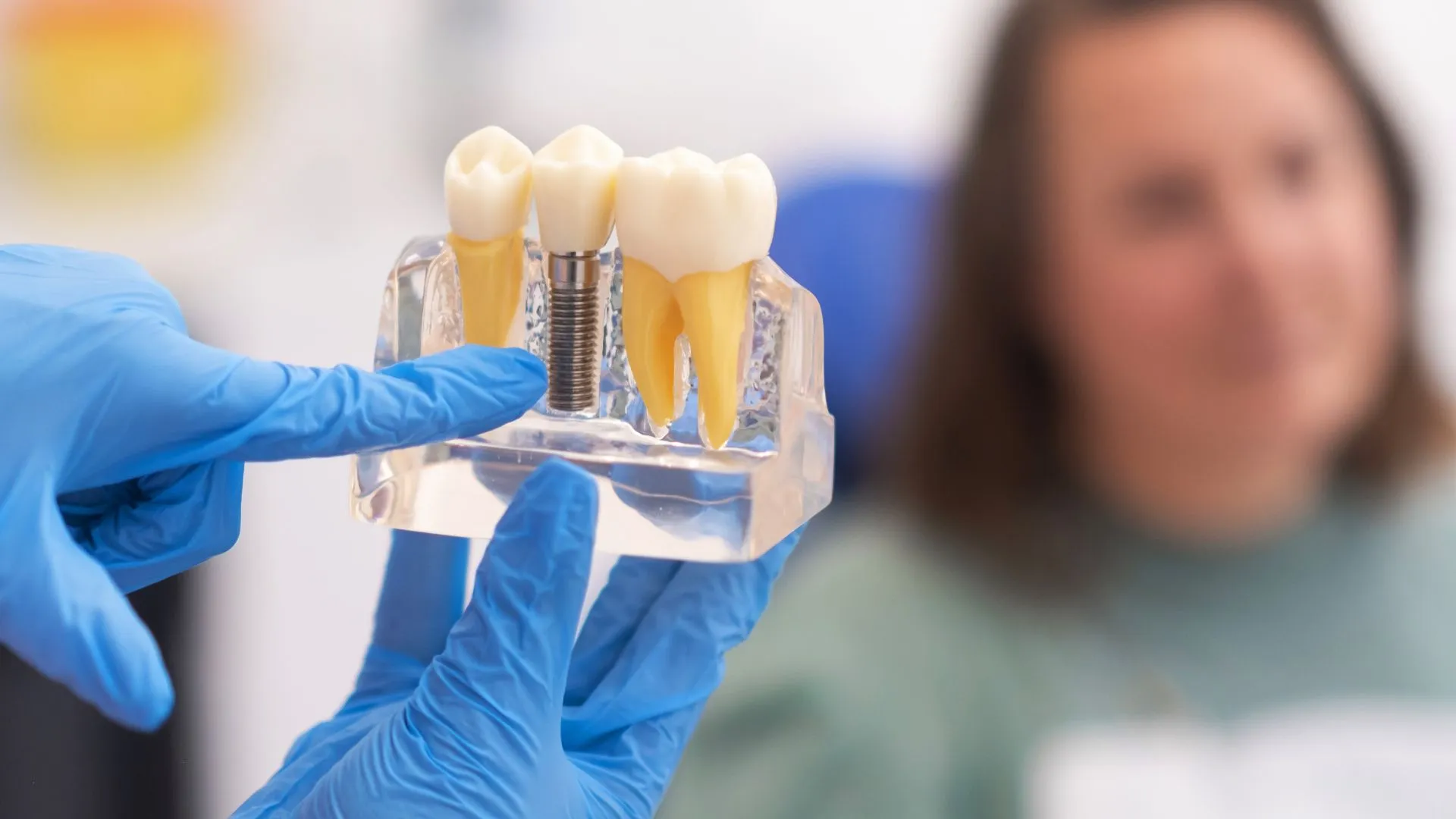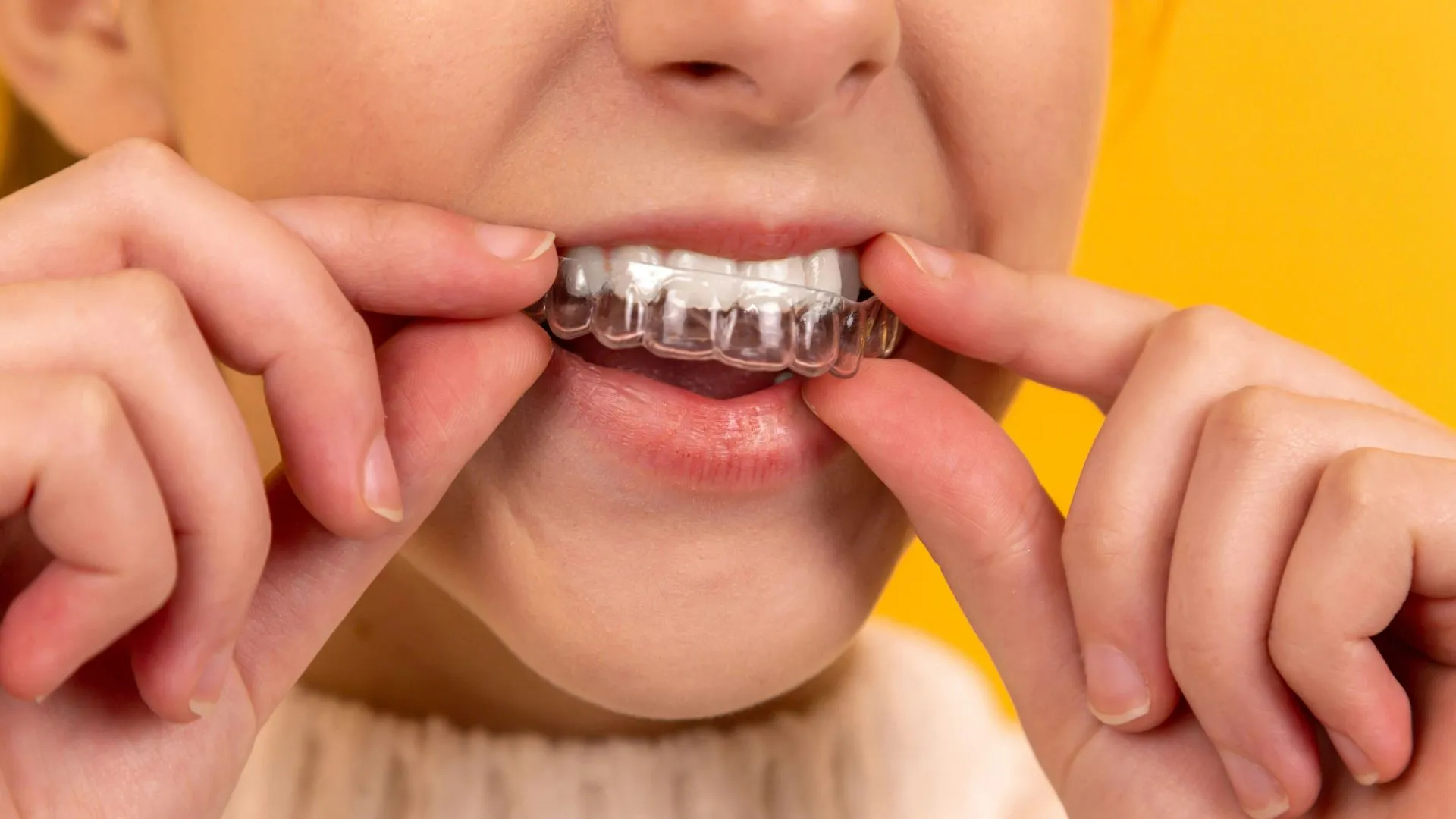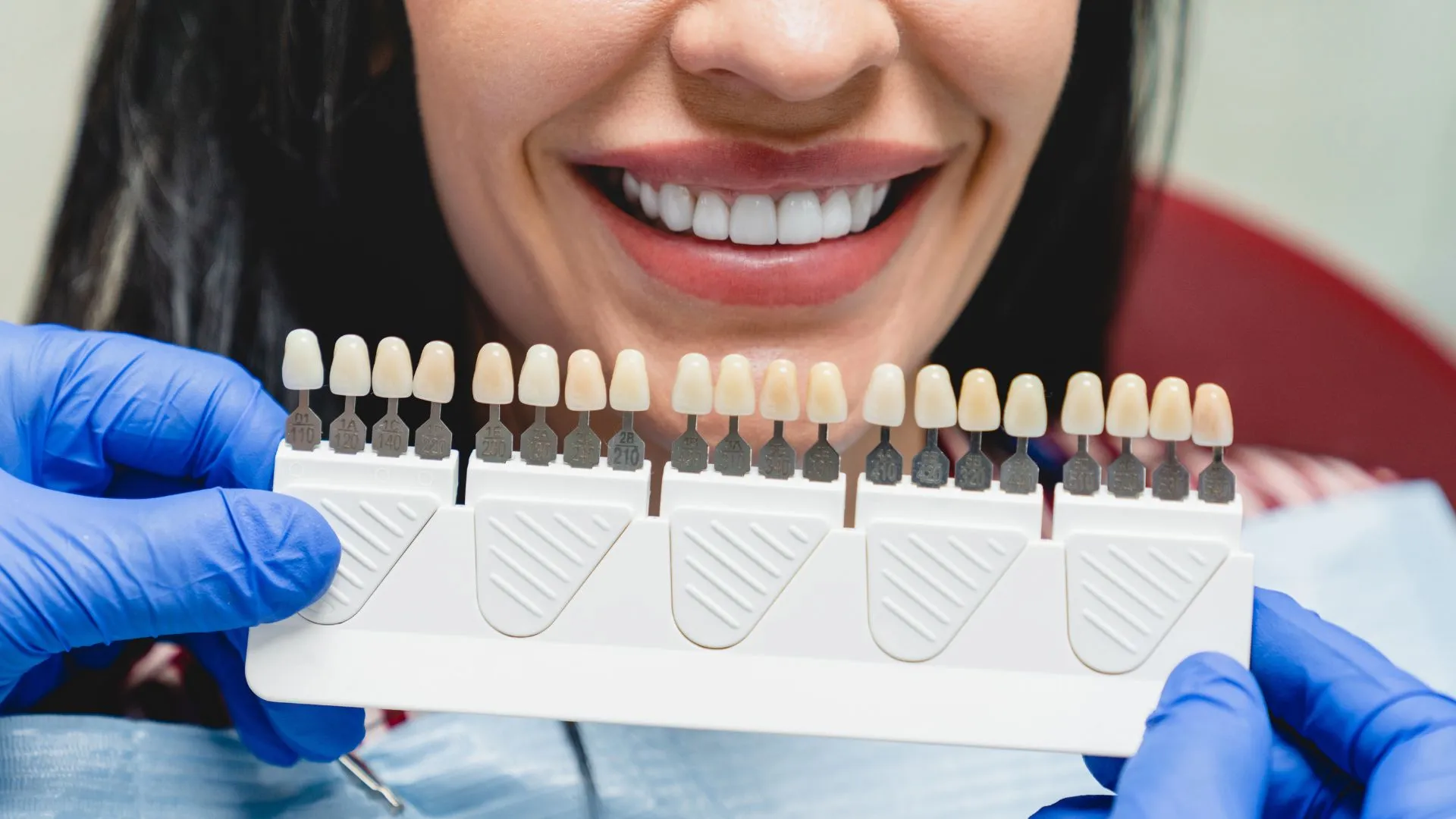When you have surgery there is always a risk for complications. With implants, the risks are much lower. Only 5% of dental implants result in failure, which is an excellent percentage. For the 5% that do experience failure, peri-implantitis is the problem.
When you have surgery there is always a risk for complications. With implants, the risks are much lower. Only 5% of dental implants result in failure, which is an excellent percentage. For the 5% that do experience failure, peri-implantitis is the problem. Peri-Implantitis is an inflammatory disease that results in bone loss. An adequate amount of bone is crucial to an implant surviving if there is bone loss the implant won’t hold and will make its way out.
Of course there are surgical factors that cause peri-implantitis to happen: Soft bone, lack of tightness when the dental implant is placed, the bone that was grafted in a vertical fashion, implant size too big, overheated bone, and many others.
What are dental implants?
If you have been struggling with missing teeth and gaps in your smile, dental implants are a good option to correct the problem. Implants are surgical fixtures that are placed directly into the jaw bone that provide support to an artificial tooth.
The process of having dental implants done can take months to accomplish. A surgeon will first need to place the implant into the jaw bone. He or she will need to make a cut into the gum and expose the bone. Then the surgeon will drill a hole into the bone to fit the implant.
Implants are made of a titanium alloy, most of the time, and resemble a screw. They have to fuse with the jaw bone before the artificial tooth can be applied. The artificial tooth can be a crown, dentures, or bridges. Each of these options offers its own benefits but implants can make them more permanent or stable.
If the process is rushed, it could create problems such as implant failure. It’s essential to know that dental implants are a long process. It can’t happen in one dental visit and there is a lot of preparation that goes into the procedure. Your surgeon will need to access your bone density.
The survival and success of your dental implant greatly hinge on where they are placed. If the implant isn’t placed correctly or in a spot that doesn’t have enough bone volume, it won’t stay where it should. Certain factors can attribute to the failure and the biggest ones being infection and peri-implantitis.
Signs of peri-implantitis
You will notice the signs of peri-implantitis in a number of ways. While you might think it is painful, it actually isn’t. Because it rarely develops it isn’t something most will look for or even know they have. There are no symptoms of peri-implantitis, it is painless and exhibits no signs until it is untreatable.
For most patients having a dental checkup done every 6 months can help to identify if they are at risk for this disease. Some of the signs attributed to peri-implantitis are the same as periodontal disease. A bleeding gum line can give some clues as to a deeper problem than just excessive blood when caring for your teeth. Any reddening of the gum line or the presence of pus indicates that peri-implantitis could be a problem.
The big issue with peri-implantitis is bone loss. When it comes to implants they are completely dependant on the amount of bone you have. A surgeon will insert the implants where he or she thinks they are suitable. But if bone loss occurs the implant can’t stay where it was placed. Your dentist will be able to take x-rays in order to examine how your bone is progressing or if you are experiencing bone loss.
What can you do to prevent implantitis?
Keeping good oral hygiene is paramount to preventing infection. This along with not smoking can help to greatly reduce the risk. However, in many studies, it has been shown that it is hard to prevent implantation from happening.
One of the best ways to not have it happen is being a great candidate for dental implants from the start. If you meet all the requirements for implants then there is a good chance your risk factors are lowered. If however, you are on medication, are a smoker, or don’t have the adequate bone supply you may find to be in a higher risk bracket.
Are dental implants right for you?
Improving the appearance of your smile is something we all want to do. Whether you are considering teeth whitening or other procedures. However dental implants provide the best results for missing teeth. They are more stable than bridges and dentures and are considered more permanent.
Once the procedure is done there are great benefits such as improved function like speech and improved appearance like no gaps. Implant dentistry will require care after they are put in. A patient will need to have good oral hygiene to ensure that there is no infection risk and that they are well cared for.
Things to consider before getting tooth implants would be your overall health such as diabetes and autoimmune disorders. If you are taking medication it could also prevent the implant from healing correctly. Talking to your dentist in detail about the procedure is the best way to find if you are a prime candidate for dental implants.



